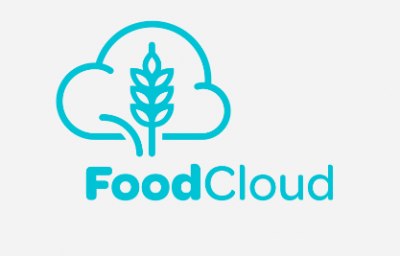France tops global food sustainability index
!['The FSI is a tool for policymakers and experts to orient their action [...] and for the public to conscientiously adjust their behavior for the food of our health and our planet,' says the report. © iStock](/var/wrbm_gb_food_pharma/storage/images/_aliases/wrbm_large/7/4/5/4/2814547-1-eng-GB/France-tops-global-food-sustainability-index.jpg)
The top three countries overall were France, Japan and Canada.
The index was commissioned by BCFN and carried out by The Economist Intelligence Unit (EIU).
Using around 1,500 data points taken from sources such as the United Nation’s Food and Agriculture Organisation (FAO), the World Bank and the Organisation for Economic Co-operation and Development (OECD), it ranked food systems in 25 countries according to 58 criteria across three categories: sustainable agriculture, nutritional challenges and food waste.
Click to download the full dataset and read the accompanying white paper, Fixing Food.
The report highlights how interlinked the three issues are and how, through better management, they could be harnessed as a solution. Every year, for instance, one third of global food production (1.3 billion tonnes) is wasted. This equates to around four times the amount of food needed to feed the 795 million people suffering from undernutrition worldwide.
Assessing performance on food waste took into account the amount of food lost, government policies and investment in infrastructure to reduce waste.
Sustainable agriculture looked at countries' water footprint, use of pesticides and fertilisers, land right, sustainable farming initiatives, biodiversity and farmer demographics.
The nutritional challenges category took into account the prevalence of overweight and obesity, undernourishment, stunting and micronutrient deficiencies.
France's food waste policy: 'Truly holistic'
Two European countries were praised for spearheading efforts in reducing food waste.
“France has a truly holistic policy framework for eliminating food waste. Its legislation includes legal obligations for supermarkets to donate excess food to charities, bans on expiration dates for certain categories of goods such as wine and vinegar, education at the primary school level, and tax incentives.
“Italy also scores highly in the index for its laws that incentivise food donation. Other countries can look to these for ideas and best practices on tackling food waste.”
France was also first for meeting nutritional challenges, with the smallest proportion of child obesity among developed nations, followed by Japan and South Korea.
According to the report, policy options to tackle rising obesity rates could include public education campaigns, tax measures on foods high in fat and salt and sugary drinks and tighter rules on junk food marketing to children.
"Clear and effective food labelling to guide consumer choices can also help," it said.
Germany top for sustainable agriculture
The top ranking country for sustainable agriculture was Germany thanks to its relatively low use of fertilisers and pesticides, followed by Canada which scored well due to comprehensive agricultural subsidies and a diverse agricultural system.
Issues such as unsustainable water management dragged down India, Saudi Arabia and Egypt's ranking to last.
President of BCFN Guido Barilla said: “The Food Sustainability Index will help us to understand where people eat the best around the world, not in terms of how good something tastes, but in terms of the sustainability of the food system, helping researchers and decision makers to understand where to focus research and policy choices.”
The US is the third worst performing country for food waste and the prevalence of overweight, however the index took into account a growing momentum in policy to tackle these issues, and praised the city of San Francisco in particular for its efforts in tackling food waste.



























